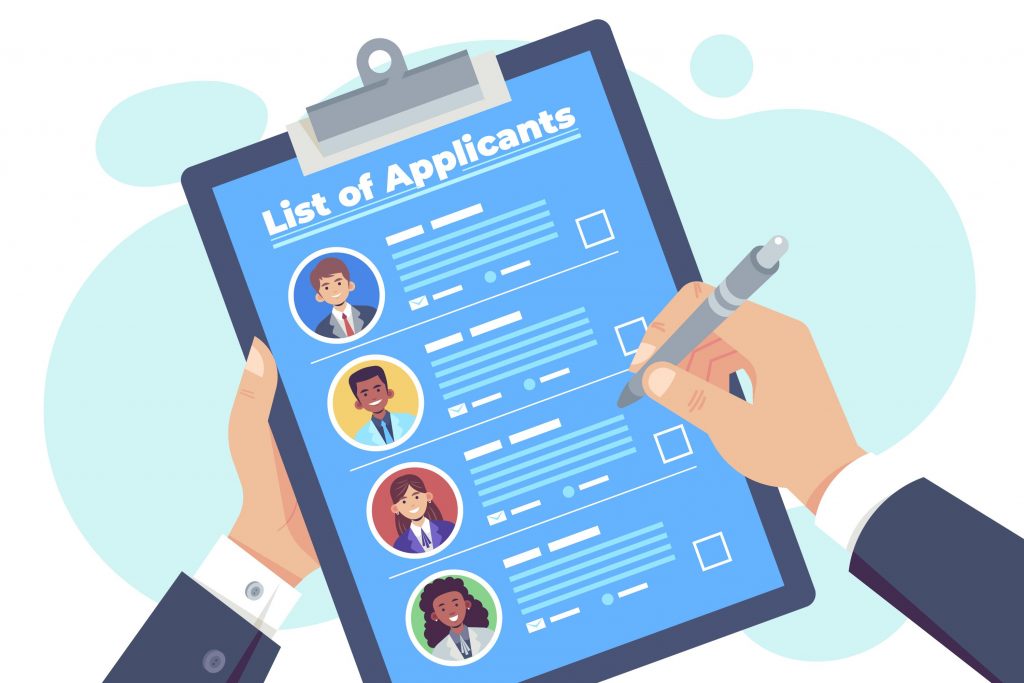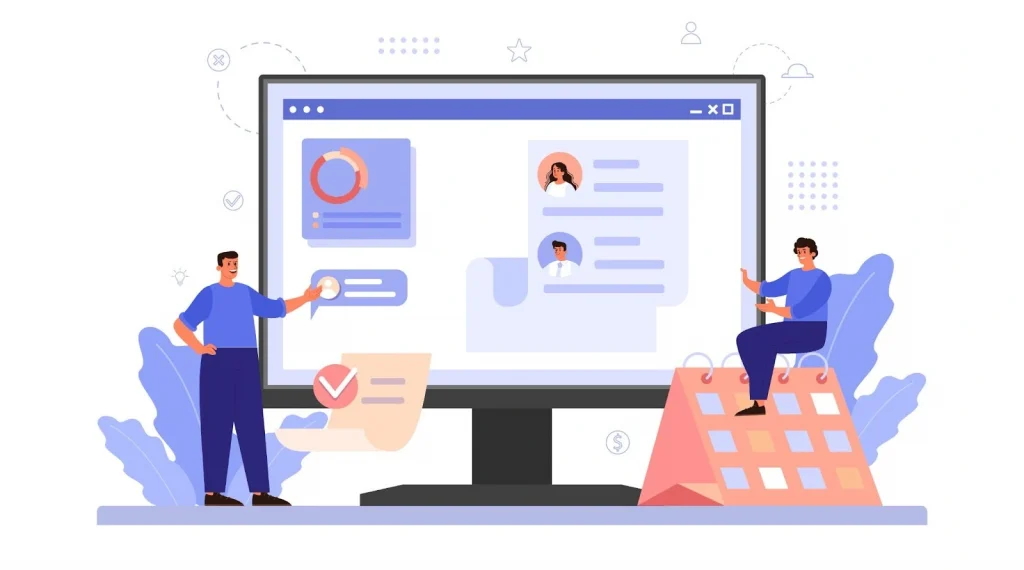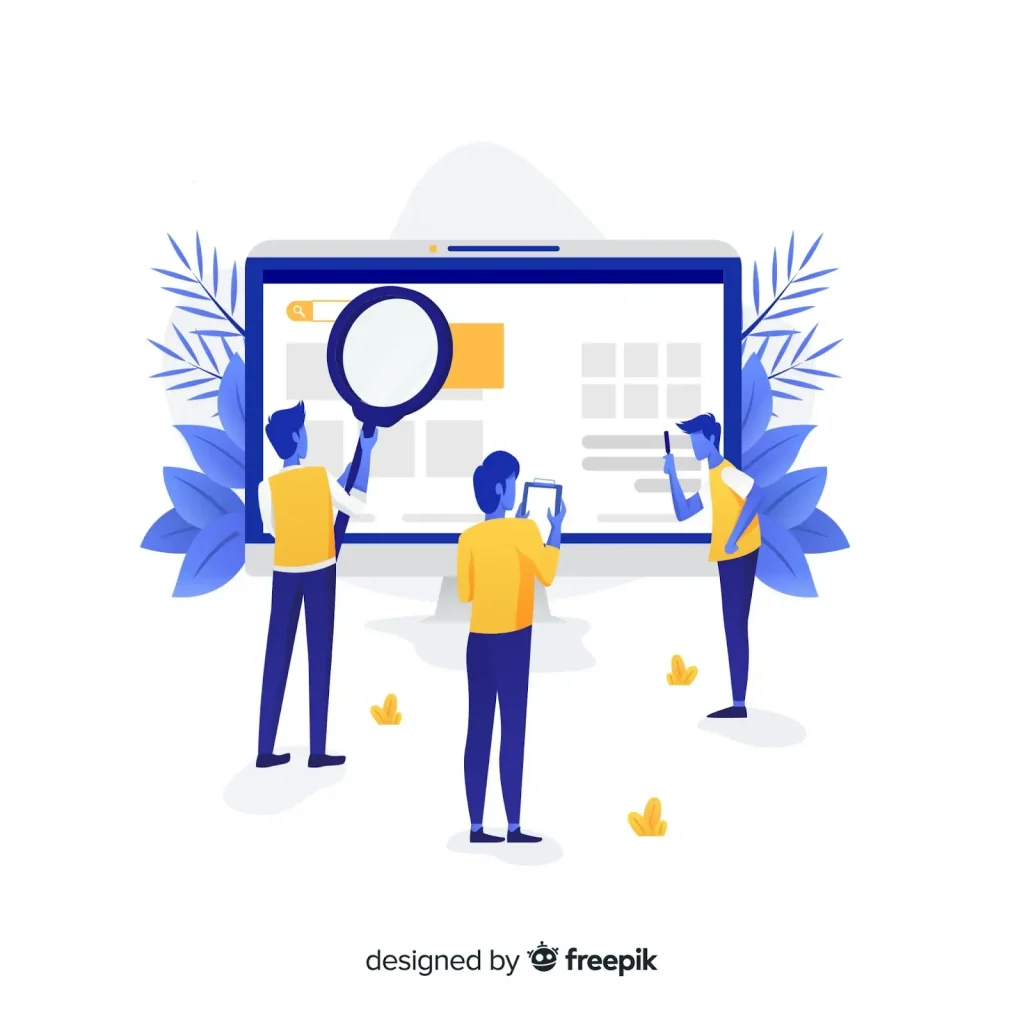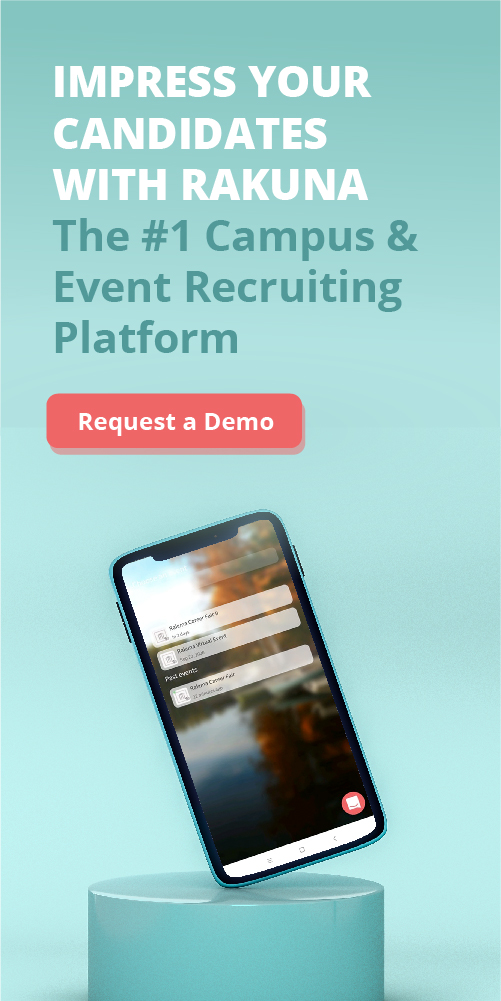Let’s cut to the chase: the workplace is evolving, and recruiting is evolving right along with it. Artificial Intelligence (AI) isn’t just a buzzword anymore, it’s now a critical tool that helps large-scale teams recruit more efficiently. This is the new standard, and for modern recruiters, keeping up with AI is no longer optional.
Regardless of how experienced a recruiter may be, recruitment requires the ability to analyze and sort through lots of information. Too much information often leads to fatigued recruiters, capable candidates turned away, and neglected piles of resumes. Fortunately, with artificial intelligence, the most time-consuming parts of recruiting are becoming much more accessible. From a candidate’s perspective, it’s clear how artificial intelligence software tools benefit them on the path toward getting hired. However, for recruiters, taking advantage of AI in the recruitment process requires understanding how much it can offer. Below, you’ll find several ways AI has changed today’s recruitment game.
Better Candidate Sourcing

Recruiters spend countless hours daily searching for candidates on websites and professional networks. Considering that there are more recruitment platforms online than ever before, this process can be quite labor-intensive. Human resources teams spend plenty of valuable time thumbing through profiles to find eligible candidates for an available position.
By utilizing artificial intelligence to their advantage, recruiters can find prospective applicants much faster. AI can sift through data and scan profiles for current job seekers, thus saving recruiters plenty of time. With recruiters saving their time and effort, they can focus their energy on other aspects of the hiring process.
Here’s the real win: AI doesn’t just find more candidates, it finds better ones. You can set an algorithm to hunt for the specific qualifications and experience you actually need for a role. This automatically filters out the unqualified prospects, letting AI consistently surface higher-quality candidates for your team to review.
Smart Recruit Online (SRO) is an excellent example of how AI can improve your business’s data-sourcing capability. SRO, according to their website, “is an evidence-based talent acquisition and recruitment management system.” SRO uses advanced resume analytics and grading technology to handle over 700 clients and over 27,000 UK-based recruiters, all with a 98% satisfaction rating.
Improved Job Postings

Our society is always fluctuating and in a constant state of metamorphosis. The continual change that modern society is experiencing affects businesses just as much as it does to applicants.
In fact, today’s job applicants expect companies to be forward-thinking in terms of class, race, and gender. ZipRecruiter, the job search engine, published an article detailing its findings on how applicants respond to the use of gendered words in job postings. They found that 42% of applicants responded better to job postings with gender-neutral wording. Although it may seem to be a minor area to change, it significantly increased the number of applications received.
Using artificial intelligence to craft job postings that fulfill specific guidelines, such as gender-neutral, can benefit recruiters. The number of qualified applicants for each position may even double. Not only will it boost the number of candidates for each job opening, but it will also open the doors to a more diverse workplace.
Facilitates Workplace Diversity

More and more companies are working to make their workplace more diverse these days. Workplace diversity brings along a whole host of benefits for companies to enjoy. Increased revenue, improved creativity and innovation, and high productivity are just a few things diversity can contribute.
💡However, we must remember that humans, at the end of the day, have plenty of unconscious biases. These biases arise from our subconscious when making quick decisions like those necessary in the hiring process. With the help of Recruitment AI, businesses can remove or block certain information that would trigger the recruiter’s unconscious biases. As a result, this would level the playing field for candidates.
Allowing AI to withhold information such as names, age, sex, or race would mean that only their skills and qualifications would be evaluated. Granted that a system to check or reevaluate candidates that meet the criteria will still need to be in place. After all, as easy as it is to program artificial intelligence, it’s equally easy to reprogram it, for better or worse.
Quicker Selection Process

At times, the sheer number of candidates can overwhelm recruiters and bog down their progress. Reducing hundreds of candidates to a second, smaller batch of candidates may feel nearly impossible. Therefore, programming Recruitment AI to help recruiters narrow down their initial selection can save them a lot of stress.
Since AI can quickly hunt down potential candidates, why not use it to make contact? You only need to create an interview invitation template and program your AI to send it. Many email marketing services now allow the integration of sophisticated external tools. Artificial intelligence can pore through candidate resumes to see which is best for the job.
Moreover, once AI has done its job, it will be able to present a slimmer stack of candidates for recruiters to review. Speeding up the initial selection process benefits both recruiters and candidates. The sooner a candidate knows they’ve got the job, the sooner they can begin working. Consequently, quickening the selection process’s pace is in both parties’ interests.
Introduction of Generative AI (GAI)
Recruitment teams have long employed AI tools, but the introduction of generative AI, such as ChatGPT, has ushered in a recent wave of change. These newer Recruitment AI technologies are opening up fresh avenues for efficiency and creativity.
According to the report titled “1 in 4 companies have already replaced workers with ChatGPT” by ResumeBuilder, to see how many companies currently use or plan to use ChatGPT from ResumeBuilder, ChatGPT is making its way into the software toolbox of many companies.
Business leaders are finding all sorts of ways to use ChatGPT. We’re seeing it used for everything from writing code and drafting marketing content to handling customer support.
But its impact on hiring is impossible to ignore. Teams are now using it to streamline the entire recruiting workflow, crafting compelling job descriptions, drafting interview questions, and even responding to applicants. It’s quickly becoming a standard tool for optimizing the pipeline.
Recruitment AI – Back To You
AI still has a long way to go before it’s making the final hiring decision. For now, it’s a powerful tool to help recruiters find better candidates, faster.
💡 But its capabilities go far beyond sourcing. AI can analyze demographics, score resumes, and even handle preliminary interviews.
Recruiters shouldn’t worry about being replaced. The “human touch” is still essential. AI’s role is to automate the time-consuming grunt work, letting your team focus on the strategic side of recruiting.

Team Rakuna
The Rakuna Team comprises a diverse group of professionals hailing from various corners of the world.
With a passion to enable organizations to hire their next waves of talents, we are dedicated to help organizations stay updated on important recruiting technology and industry best practices.

